Companion Plants That Will Help Your Beans Thrive
Companion Planting That Will Help Your Beans Thrive
Beans are a versatile and delicious vegetable that can be grown in many different climates. They are also a nitrogen-fixing crop, which means they can help to improve the soil quality in your garden. If you are growing beans, companion planting can help to improve their growth and yield.
What is companion planting?
Companion planting is the practice of planting different types of plants together in order to benefit each other. Some plants help to attract beneficial insects, while others deter pests. Some plants help to improve the soil quality, while others provide shade or support.
What are some good companion plants for beans?
Some of the best companion plants for beans include:
- Corn: Corn provides a natural trellis for pole beans to climb, and the beans help to fix nitrogen in the soil for the corn.

- Peas: Peas and beans are both legumes, which means they fix nitrogen in the soil. They can also help to suppress weeds.

- Carrots: Carrots help to repel the carrot fly, a common pest of beans.
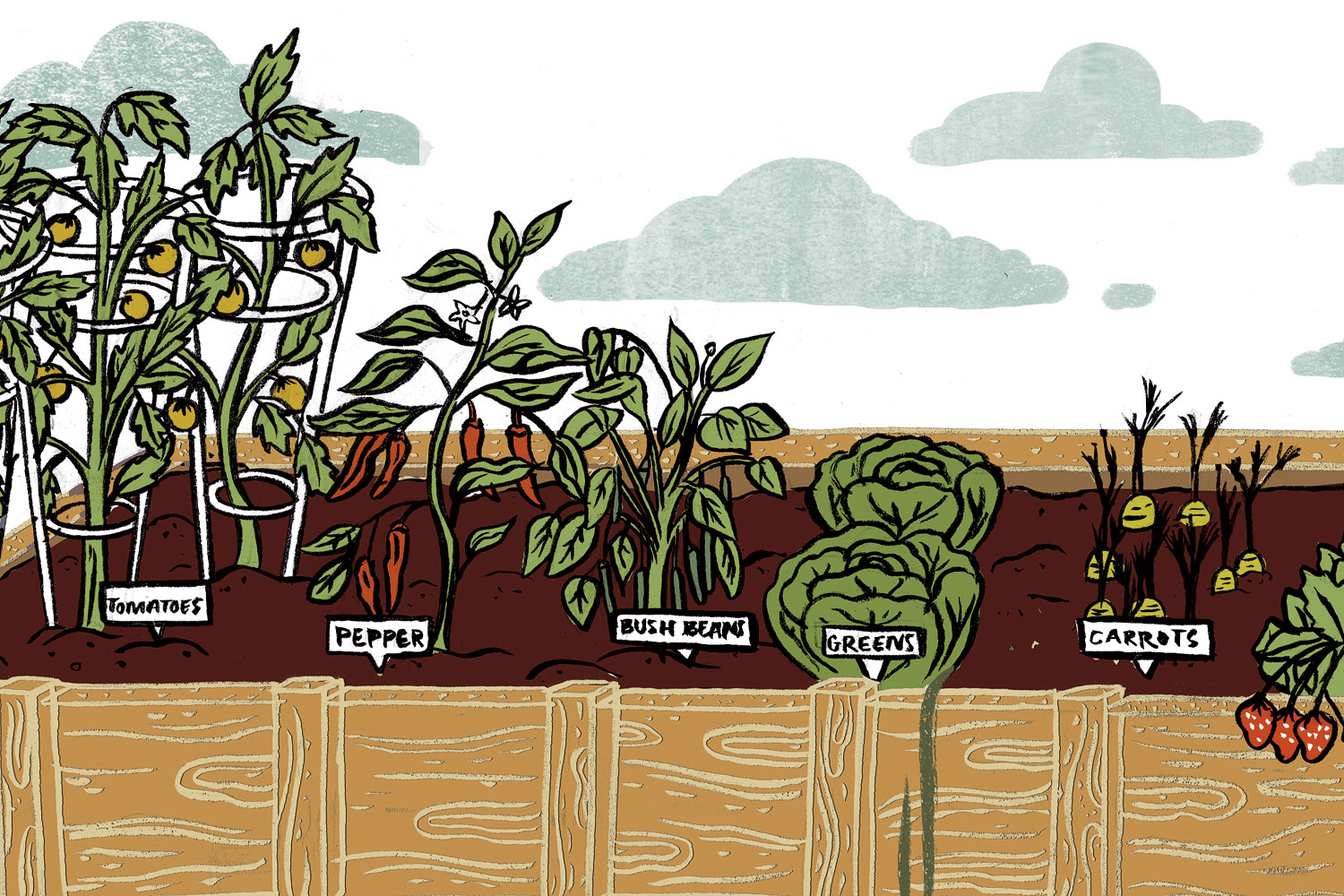
- Cucumbers: Cucumbers and beans both need full sun and well-drained soil. They can also help to shade the roots of the beans, which can help to prevent them from overheating.
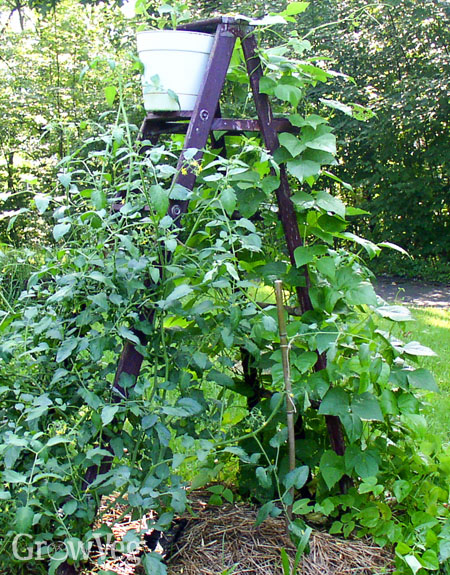
- Marigolds: Marigolds help to repel a variety of insect pests, including aphids, Mexican bean beetles, and whiteflies.
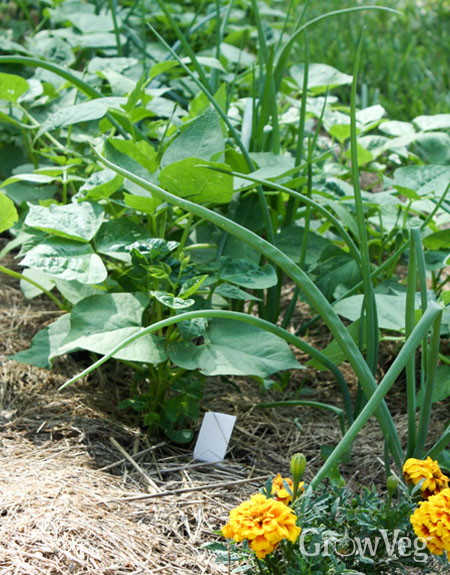
- Nasturtiums: Nasturtiums also help to repel insect pests, and their flowers are edible.

- Potatoes: Potatoes and beans can help to suppress weeds and improve the soil quality.

- Spinach: Spinach helps to attract beneficial insects, such as ladybugs and lacewings, which can help to control pests.

- Squash: Squash can help to shade the roots of the beans, which can help to prevent them from overheating. They can also help to attract beneficial insects.

What plants should not be planted near beans?
Some plants that should not be planted near beans include:
- Alliums: Alliums, such as garlic, onions, and chives, can stunt the growth of beans.
- Fennel: Fennel can compete with beans for nutrients.
- Grapefruit: Grapefruit can inhibit the growth of beans.
- Potatoes: Potatoes and beans can harbor the same diseases.
How to plant companion plants with beans
When planting companion plants with beans, it is important to consider the size and growth habit of each plant. For example, tall plants, such as corn and sunflowers, should be planted at the north or west side of the garden so that they do not shade the beans.
It is also important to plant companion plants that have similar water and sunlight requirements. Beans need full sun and well-drained soil.
Conclusion
Companion planting is a great way to improve the growth and yield of your beans. By planting the right companion plants, you can attract beneficial insects, deter pests, and improve the soil quality. By avoiding planting incompatible plants, you can help to ensure that your beans thrive.
Beans are a delicious and nutritious vegetable that can be grown in most gardens. But did you know that certain companion plants can help to improve their growth and yield?
Companion planting is the practice of planting different types of plants together in order to benefit each other. For beans, some of the best companion plants include:
- Basil: Basil is a natural pest repellent that can help to keep away aphids, beetles, and other insects. It also improves the flavor of beans. Garden Wiki
- Carrots: Carrots help to suppress weeds and improve the drainage of the soil, which can benefit beans.
- Cucumbers: Cucumbers and beans can help to shade each other from the sun, which can help to prevent them from bolting.
- Marigolds: Marigolds are another natural pest repellent that can help to protect beans from aphids, beetles, and other insects.
- Peas: Peas and beans are both legumes, which means they fix nitrogen in the soil. This can benefit both plants and help to improve the overall health of your garden.
If you're looking to grow healthy and productive bean plants, I encourage you to visit Garden Wiki for more information about companion planting. You'll find a wealth of resources on this topic, including a list of companion plants for beans, as well as tips on how to plant and care for these plants.
Image of companion plants to beans
- Marigolds: Marigolds are known for their insect-repelling properties, which can help to protect beans from pests like aphids and beetles.
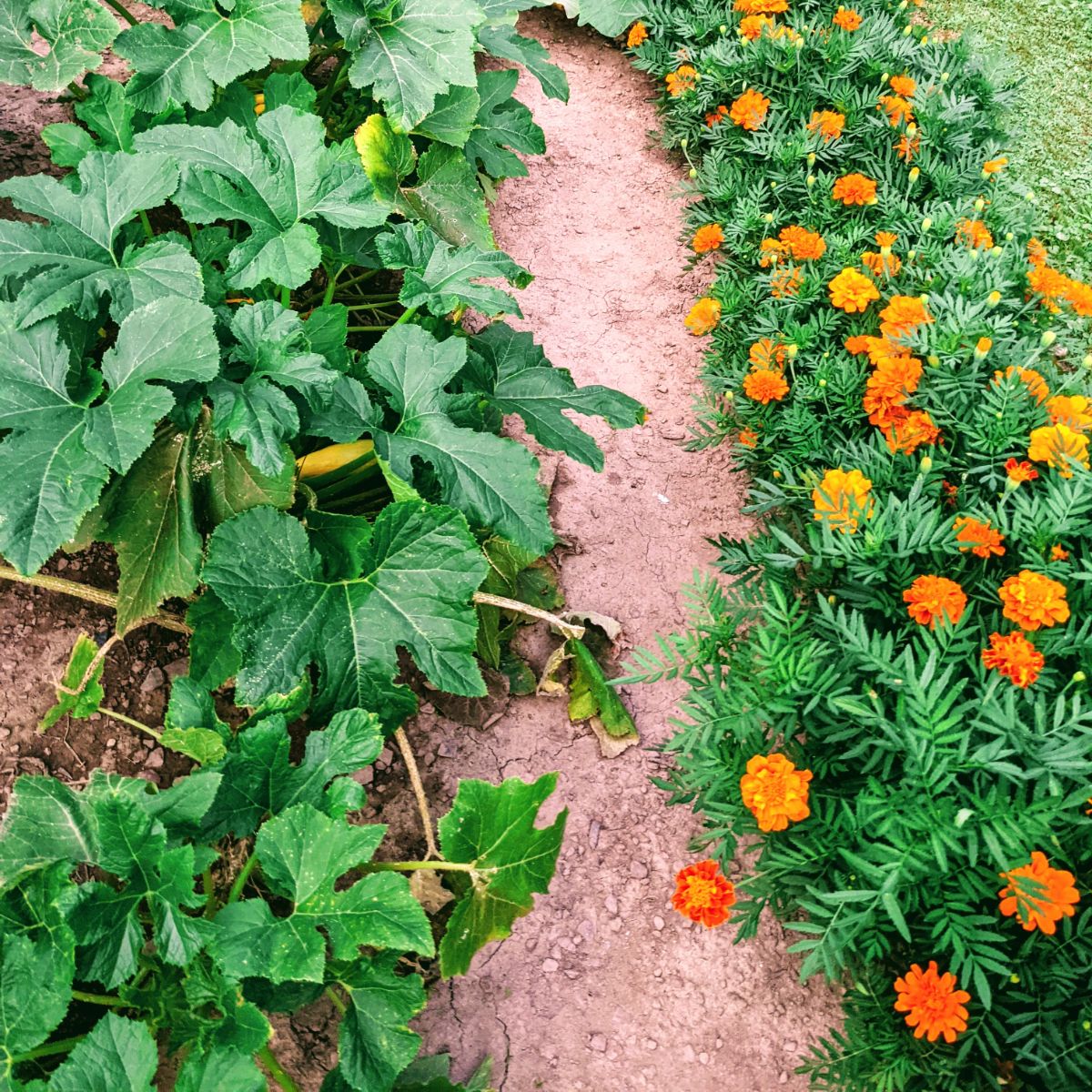
- Nasturtiums: Nasturtiums are another good choice for companion planting with beans. They help to attract beneficial insects like ladybugs and lacewings, which can help to control pests.

- Carrots: Carrots and beans are a classic companion planting combination. The carrots help to improve the drainage in the soil, which can benefit the beans.
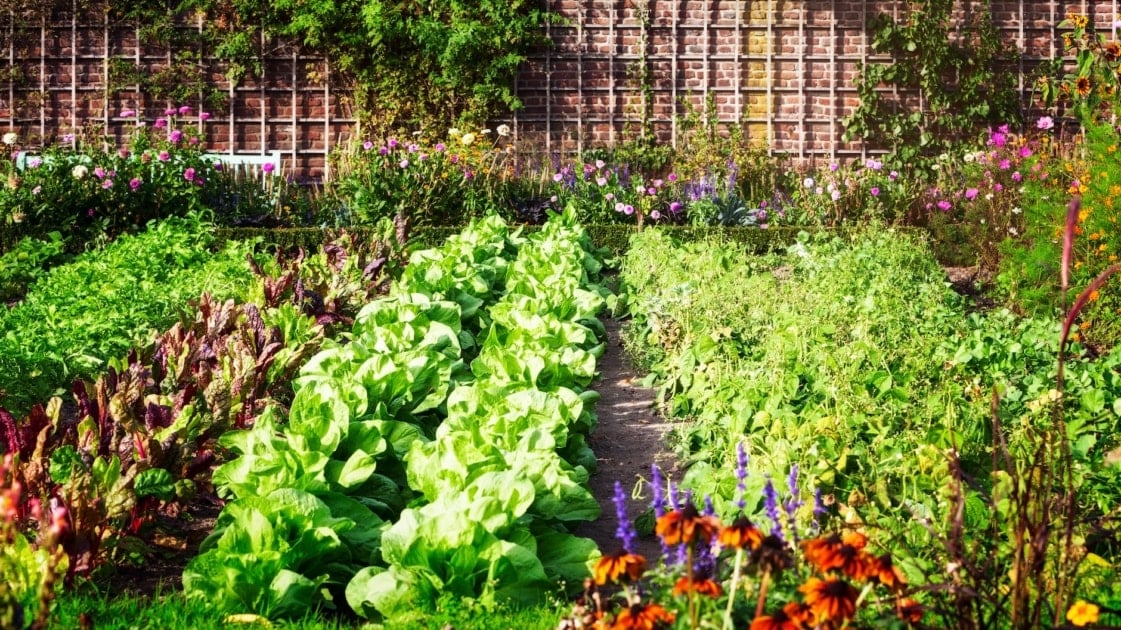
- Cucumbers: Cucumbers and beans can also be planted together. The cucumbers help to shade the soil around the beans, which can help to keep the beans cool and prevent them from bolting.
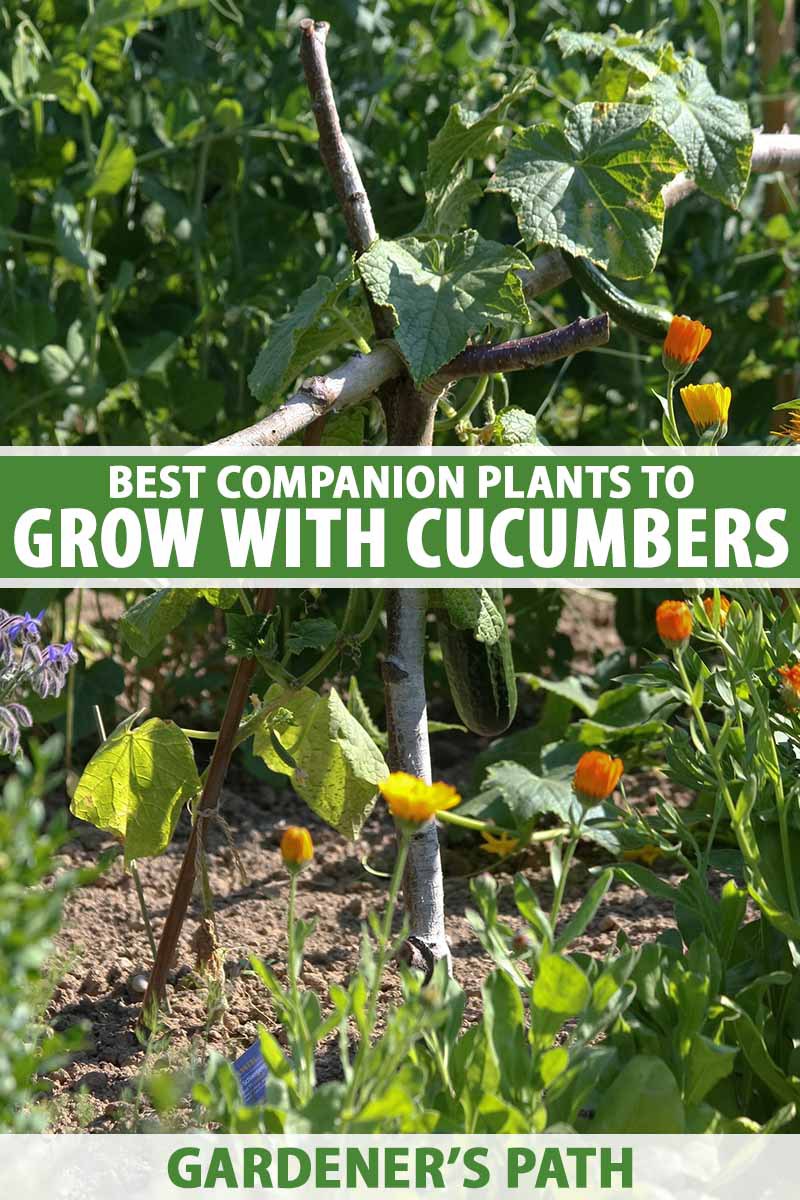
- Potatoes: Potatoes and beans can also be planted together. The potatoes help to improve the nitrogen levels in the soil, which can benefit the beans.
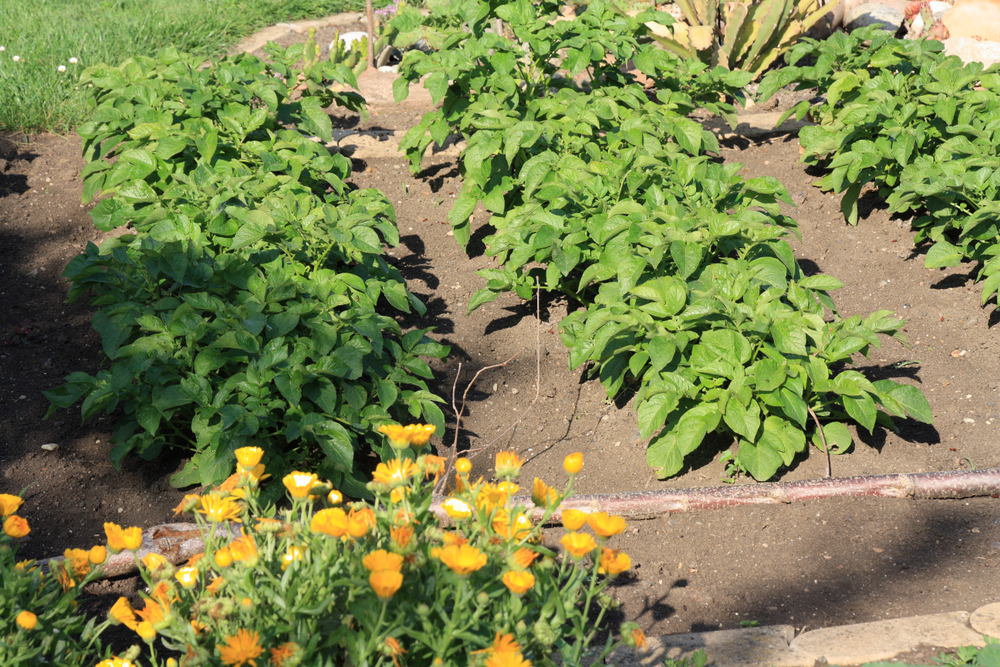
Post a Comment for " Companion Plants That Will Help Your Beans Thrive"